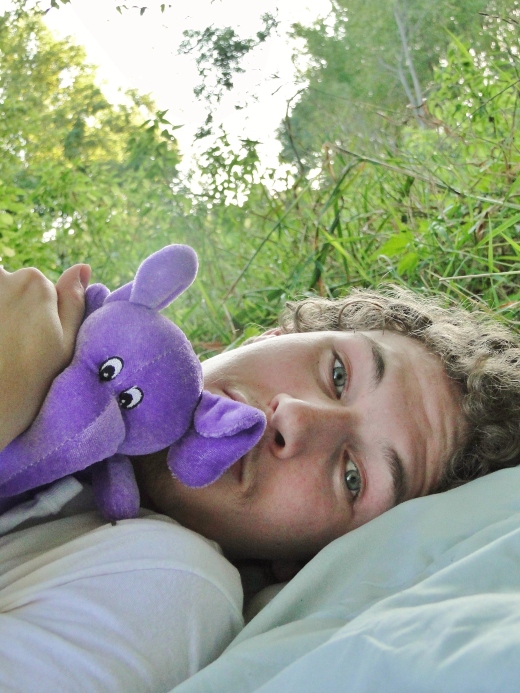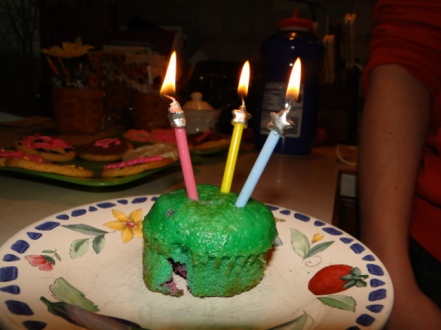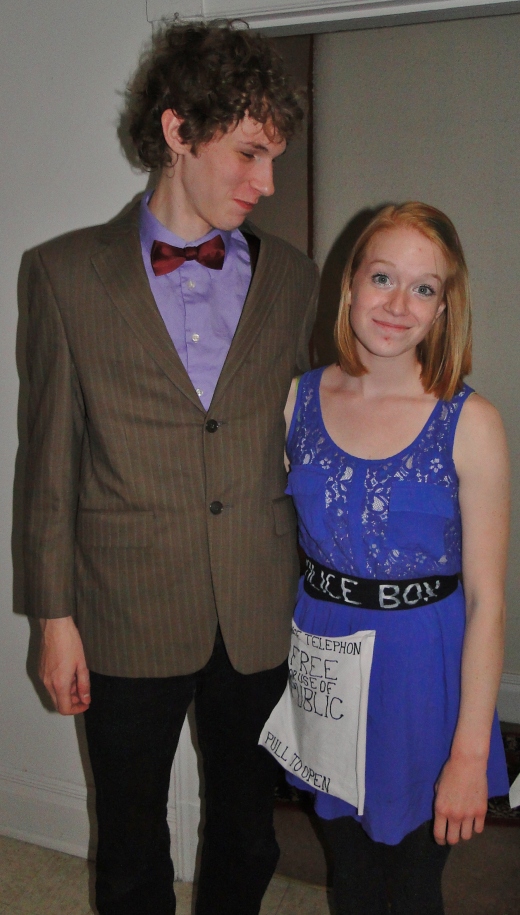Today is World Suicide Prevention day.
I’m nervous about writing this and posting it. It’s hard to put the most personal part of yourself, the parts you keep hidden from the world, out into the world. Before I go on, I want to warn you.
This post is going to be heavy. It will also include a few asides directed at my mother in case she reads this, because they might be necessary. It will be detailed. It might be hard to read. So if you wish not to read on, I’m asking that you just recognize this: Suicide is not “taking the easy way out.” Suicide is not something that a simple smile from a stranger fixes, like all those stories that get passed on the internet say. Suicide is something that is heartbreaking, terrifying, and it is so important to take it seriously. Don’t forget that. Be aware. Hurting people don’t need to hear jokes about their states of mind. Just know that.
Now, with a deep inhale, I’ll begin.
(Mom, there will be things that you don’t know. I don’t wish to talk about them. Not because I don’t trust you or don’t want to talk to you, but because typing this is difficult enough, and I’d much rather leave some of this in the past.)
For a long time, I struggled with anxiety and depression without recognizing it. My four-year-old mind didn’t understand what was going on, only that the only way I knew to stop it was to try to force my legs into positions that would break them or to tear off my toenails. So that’s what I did. It kept going until I was in the second or third grade, at which point, it all just disappeared. I have no idea why.
After a few years of contentedness, I started to feel my mind collapsing again at the age of thirteen. I felt constantly torn between wanting to do something to feel better and wanting to do nothing at all. I would make changes, as if they might help. I’d spend hours writing the alphabet using entirely different handwriting, until it stuck. Or I would cover my walls in quotes, only to eventually tear them down on a day that the world felt too busy. I quit hanging out with certain friends. I threw myself into random topics, which of course, were not all bad. In fact, it’s caused me to be quite knowledgeable on things that I very much enjoy.
When I was fifteen, for the first time, I slammed my fist into a wall. I don’t remember the trigger. For a while, the bruising and swelling in my knuckles was enough to satisfy how sad and, yes, angry, I frequently felt. Sometime toward the end of my sophomore year of high school, I cut into my skin for the first time.
If you’ve never experienced it, I doubt that you know the conflict that comes when the razor is pressed against skin. The hesitation, knowing that once you press down, there’s no going back. Knowing that you won’t stop once you start. And then, the depression overwhelms, and there you go.
It’s a common misconception that cutting helps. It really doesn’t. The pain serves as a reminder of the feelings. Every time you look at the injuries or wince when jeans rub against them, you remember, even if you’re happy, that the feeling will pass and you will cry yourself to sleep. But for some reason, the pain becomes addicting.
People asked me about it, but I think that most of the time, we’ll take whatever answer is easiest to deal with. So if I said that I fell out of a tree, or it was a one-time thing, or I got burned on a hot light, they accepted it. Some people gave me dubious looks. One person in particular confronted me multiple times, every time telling me that she knew the truth but wouldn’t press. Some people found a way to make it work, by telling me that they knew what cutting was, and my self-injury didn’t fit the pattern, so they were sure I didn’t do it.
But the thing is that we all know that cats don’t scratch in straight lines, it’s just easier to accept a mean cat than it is to accept depression.
Now, how does this get to suicide?
I didn’t tell anyone. Nobody had any idea. Or, if they did, they didn’t say anything about it, save for making jokes whose intended effect I am unsure of.
For the next three years, I was spiraling deeper and deeper into depression. I wouldn’t do my homework. I wouldn’t hang out with my friends. I’d keep myself curled in a ball, hidden away in the theatre at school. I never ditched class. Somehow maintained good grades. Smiled when I was supposed to. Didn’t cry.
When I was eighteen, to use a common phrase, shit (sorry mom) hit the fan. I was struggling more and more. I was clinging to any reason to live that I possibly could. Seeing a musical with my best friend. Knowing that it was too close to opening night for me to stop showing up at theatre. Knowing what my little brother would feel if I were gone.
Summer came, and I spent days upon days lying in bed watching random television shows, entire seasons in a day, entire series in a week. When I worked up the energy to do something, I’d walk. I’d walk for hours and hours. And then I’d go home and sleep.
Some days, my parents would find me curled up in bed, sobbing as if everyone I’d ever loved had just died. They didn’t know how to comfort me. I would cry for hours. I wouldn’t be able to calm down. I’d beg someone to tell me why this was happening to me. Due to the circumstances of my life at the time, it was assumed that this was heartbreak. It was a friend who finally told me that if I didn’t tell my parents that I needed help the next time I had one of these spells, she would. So I finally confessed. We set up an appointment, we got started, I was prescribed meds.
I don’t remember the trigger, but one day, I finally worked up enough courage to get out of bed and get dressed, make myself look nice, apparently so that I wouldn’t be an ugly corpse. So I tried to kill myself.
I failed, obviously.
I don’t think I have ever considered failure to be a good thing before now. But it is a great thing. I’m not cured. I still battle depression, I still need medications every day to cope, I still have nights during which there is nothing Elijah can do but hold me as I cry for an hour. That’s the nature of this disease. It is what it is. But I’m living with it, and I am, overall, happy.
And now for the plug:
The thing is that I did not try to take the easy way out. I just became so exhausted that I simply could not live another day feeling the way I did. We applaud people who take time for themselves, who quit a job because it makes them miserable, yet we act as if people who succumb to mental illness are just lazy. But when you are young, when you don’t know what’s happening to you, don’t know how to cope with it, what are you to do if the “job” that is making you miserable is simply getting out of bed?
There needs to be a change. Do I wish my parents had forced me to go into therapy when I was younger and they thought something was wrong? Yes. Do I blame them (this is added for you, Mom) for giving up when I got into screaming battles with them over the idea of it? Not in the least. They had no idea. I had no idea. None of us knew where I was heading and that I wouldn’t simply “grow up.”
But the fact of the matter is that we, as adolescents, are told about the signs of suicide, told to talk to someone if we feel depressed, but no one tells you what to do when you want desperately to ask for help, but you’re so afraid that the words get stuck. No one tells you how to react when your friends confess it. And no one tells you that sometimes, a person you talk to won’t care. I was told, for instance, not that my life was valuable, not that I should get help, not that they care or love me, but that I should make sure that it works because attempted and failed suicide is nothing more than cowardice. Did that mean that my life wasn’t worth it? No, it meant that I had a friend that was not actually a friend. But nobody tells you that that might happen and that those people are assholes (sorry Mom). They don’t tell you what to do when it actually happens.
So I’m urging anyone who reads this, particularly parents, to keep the dialogue open. Tell your kid that getting help is nothing to be ashamed of. And please, for the love of pasta, don’t tell your child that they just need to pray and it will get better. Because more often than not, that is not the case. Sometimes God has a reason for these experiences. But sometimes a kid needs some help to get through it. Take things seriously. I can tell you, as a kid who was occasionally bombarded with question, teens will get really annoyed. But in the long run, it’s better to take care of someone than to modify your actions to appease them.
Don’t make emotions, illness, illness, psychiatry, and struggles a taboo topic.
Suicide rates are always rising, because people don’t know.
Their friends make jokes about it and they laugh along.
But if someone is trying to tell you something, even if it’s through sarcasm or an offhand topic,
please listen.








